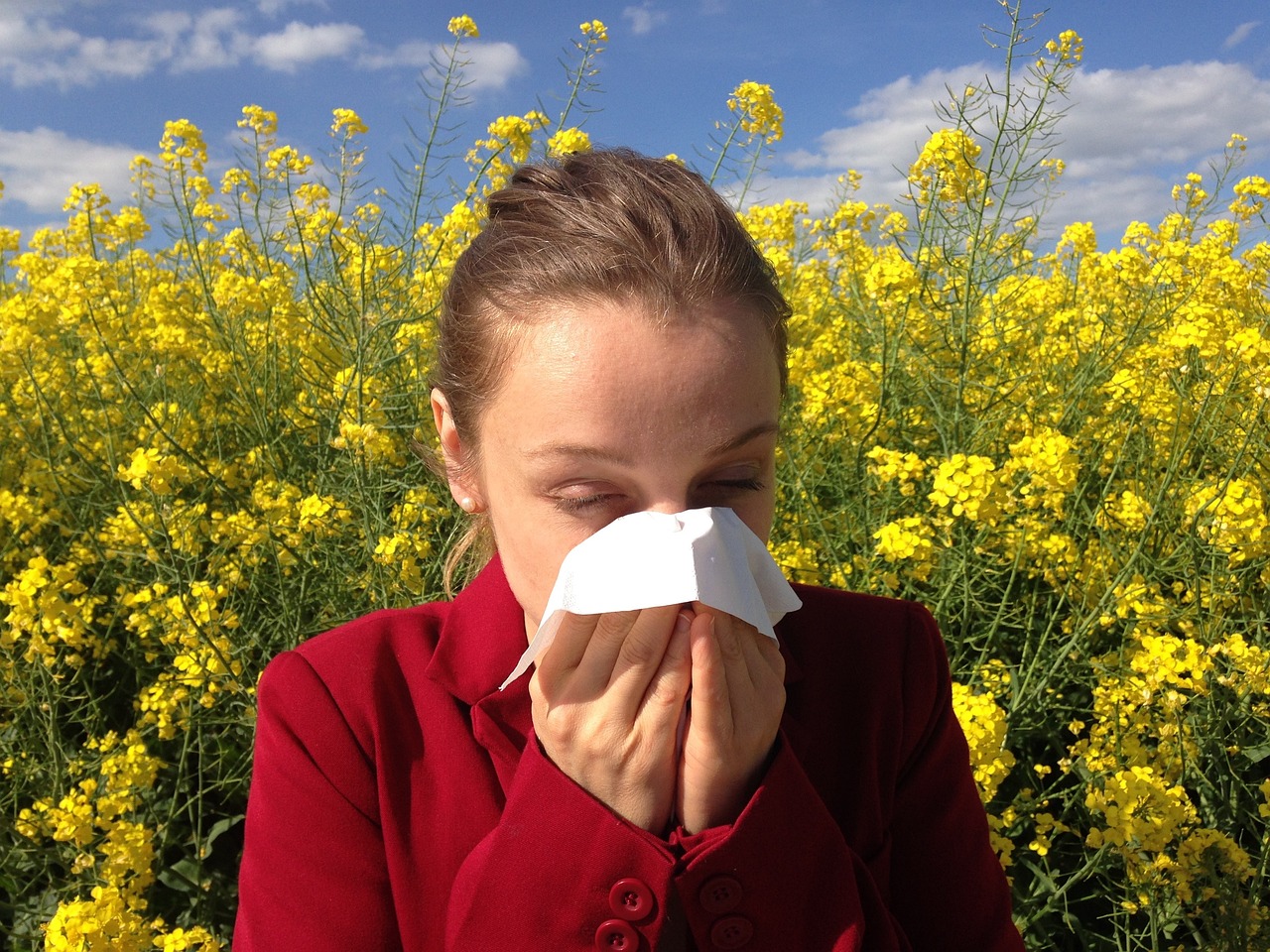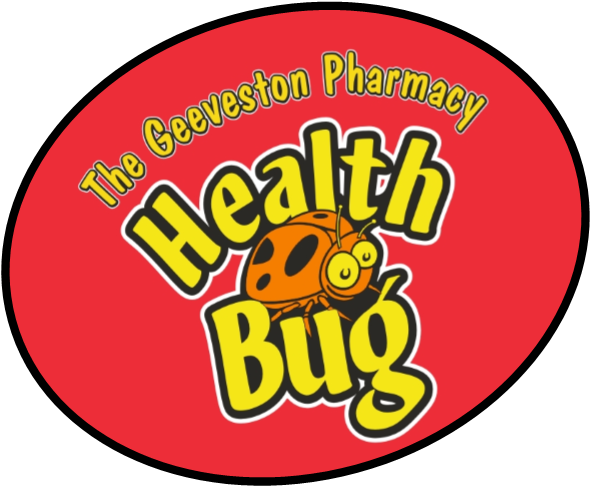 Allergies can be a significant source of discomfort for many individuals, impacting their quality of life.
Allergies can be a significant source of discomfort for many individuals, impacting their quality of life.
Fortunately, with proper prevention strategies and effective treatment options, managing allergies is possible.
Prevention is the first line of defence against allergies.
Identifying and avoiding allergens is crucial.
Common allergens include pollen, dust mites, pet dander, mould, certain foods and medications.
Regular cleaning of living spaces, using air purifiers, and keeping windows closed during peak pollen seasons can help minimise exposure to airborne allergens.
Individuals with food allergies should diligently read labels and communicate their dietary restrictions to others.
Patients with medication allergies should communicate their allergies to all health providers.
Maintaining good personal hygiene is another key aspect of allergy prevention.
Regular handwashing helps prevent the spread of allergens and reduces the risk of allergic reactions.
It’s also advisable to shower and change clothes after spending time outdoors to remove any pollen or other allergens that may have attached to the skin or clothing.
For those already grappling with allergies, various treatment options can provide relief.
Over-the-counter antihistamines are commonly used to alleviate symptoms such as sneezing, itching, and runny nose.
Nasal corticosteroid sprays can be effective in reducing nasal inflammation while decongestants help relieve congestion by narrowing blood vessels.
Antihistamine eye drops can alleviate symptoms of itchy red eyes fast and corticosteroid creams can help reduce itchiness and redness of allergic skin rashes.
In more severe cases, allergists may recommend immunotherapy.
This involves exposing the individual to small, controlled amounts of the allergen to build tolerance over time.
Immunotherapy can be administered through injections or sublingual tablets, providing long-term relief for some individuals.
It’s essential for allergy sufferers to work closely with healthcare professionals to determine the most appropriate treatment plan for their specific needs.
Monitoring symptoms, identifying triggers, and adjusting medications accordingly can help manage allergies effectively.
In emergency situations, when individuals experience severe allergic reactions known as anaphylaxis, immediate medical attention is crucial.
Anaphylaxis can be life-threatening and requires prompt administration of adrenaline, which is available in auto-injectors for easy use in emergencies, available on prescription and also over the counter from your local pharmacy.
The proactive approach to allergy prevention, combined with effective treatment strategies, can significantly improve the lives of individuals affected by allergies.

